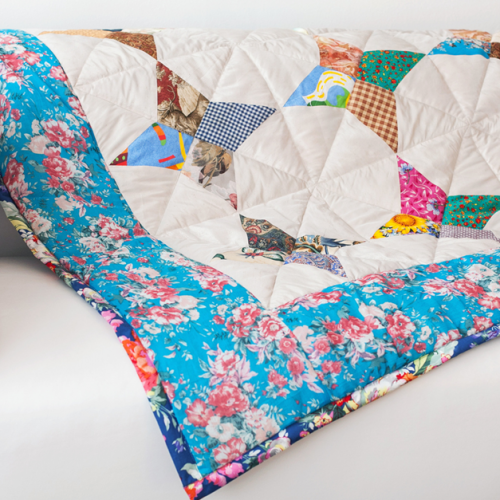Two's company
Seven balls are shaken. You win if the two blue balls end up touching. What is the probability of winning?
Seven balls are shaken. You win if the two blue balls end up touching. What is the probability of winning?
Six balls are shaken. You win if at least one red ball ends in a corner. What is the probability of winning?
Experiment with the interactivity of "rolling" regular polygons, and explore how the different positions of the dot affects its speed at each stage.
A 2 by 3 rectangle contains 8 squares and a 3 by 4 rectangle contains 20 squares. What sizes of rectangle contain exactly 100 squares? Can you find them all?
Different combinations of the weights available allow you to make different totals. Which totals can you make?
Powers of numbers behave in surprising ways. Take a look at some of these and try to explain why they are true.
Can you recreate squares and rhombuses if you are only given a side or a diagonal?

Nine squares are fitted together to form a rectangle. Can you find its dimensions?
How can you change the surface area of a cuboid but keep its volume the same? How can you change the volume but keep the surface area the same?
Alison and Charlie are playing a game. Charlie wants to go first so Alison lets him. Was that such a good idea?